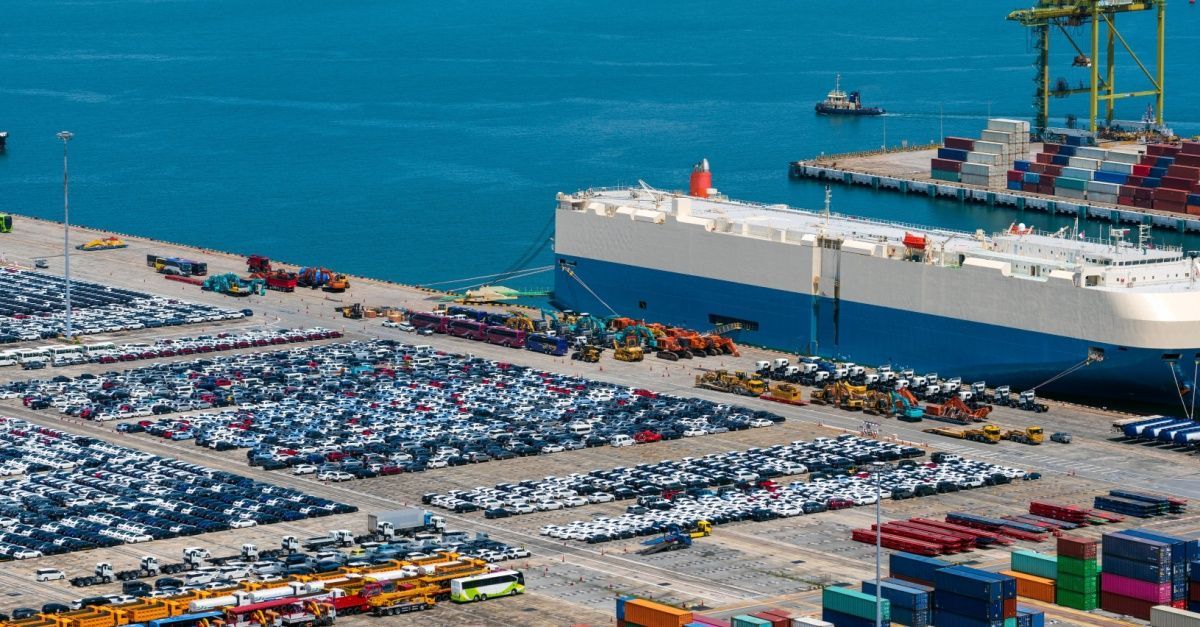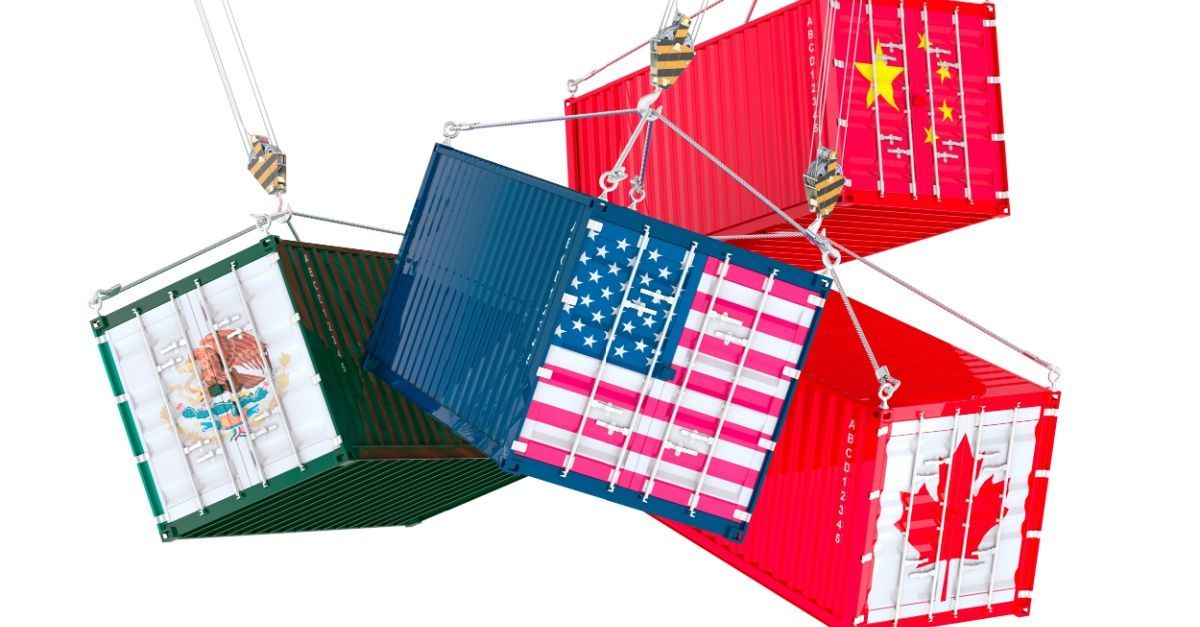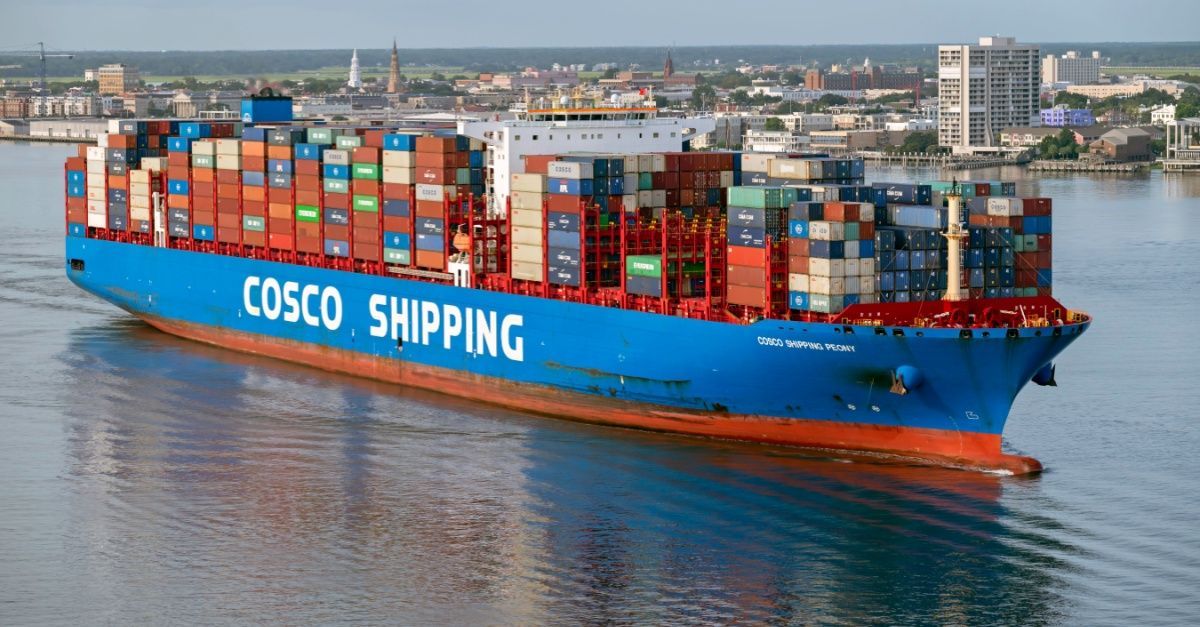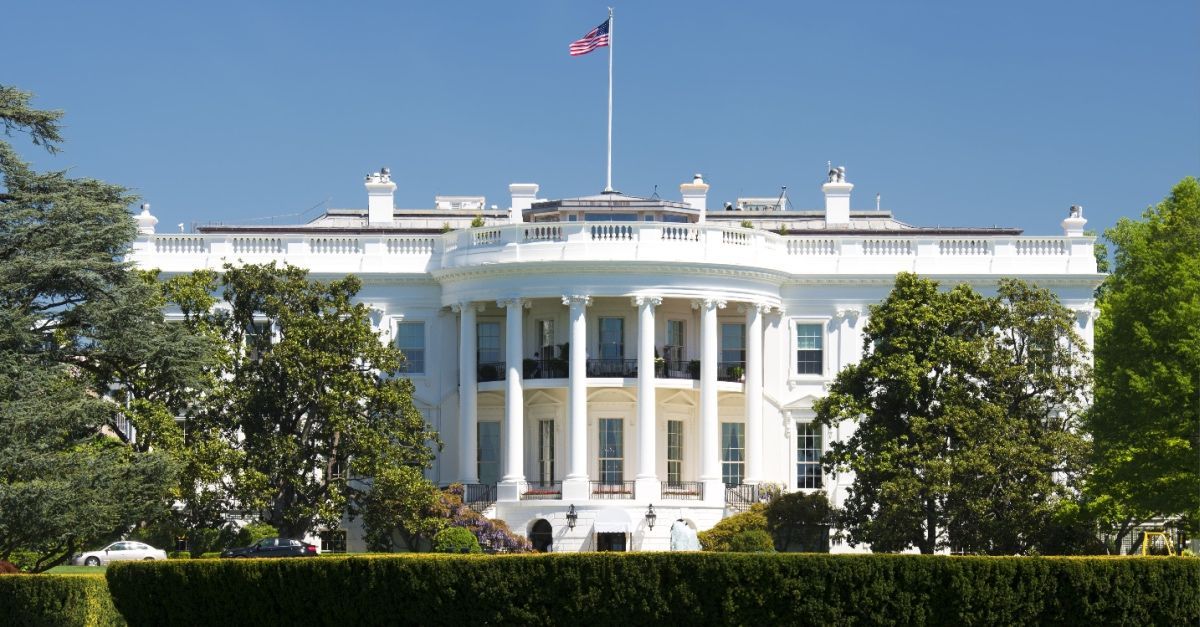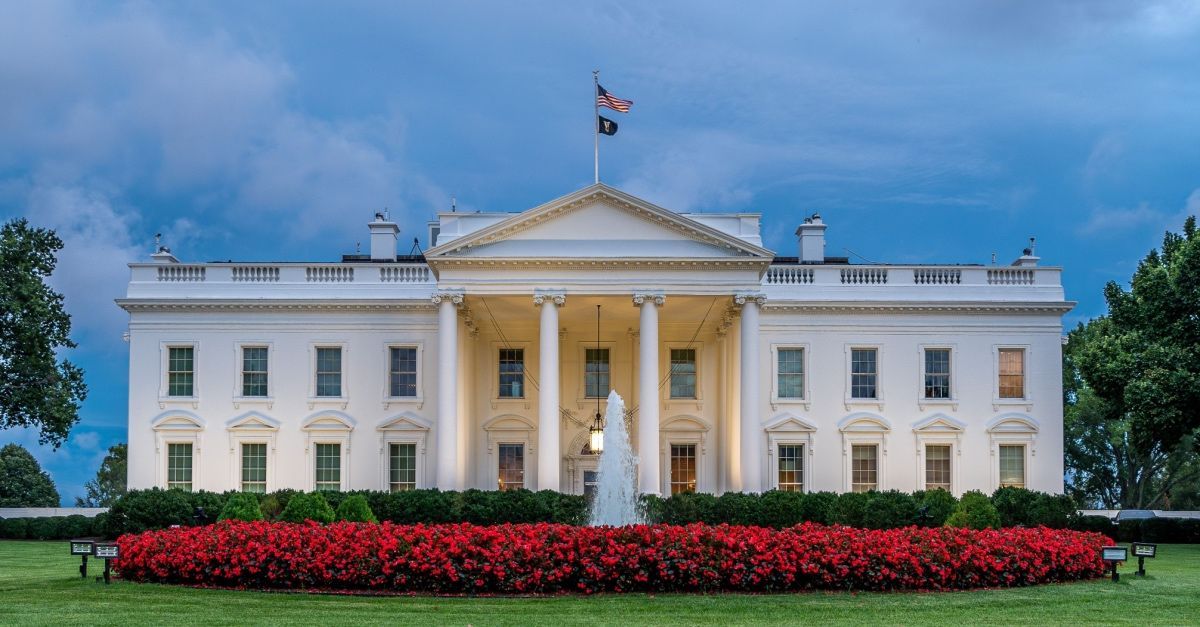A Guide to Truckload RFPs
Blog Post CTA
A Guide to Truckload RFPs
When choosing a carrier for freight, most shippers don’t just arbitrarily plant their finger down on one name from a phone-book-type list of many carriers. The shipper needs to make an informed decision. To do that, shippers turn to a truckload request for proposal (RFP) — a document that provides the information necessary to make a knowledgeable choice.
This blog offers a detailed overview of the truckload RFP process, explains the different types of truckload RFPs, and gives tips on how
shippers can negotiate for the best possible rate. Additionally, we share a checklist of items to include in your RFP package and a timeline for the RFP process.
Advantages of Using Truckload RFP
On the surface, a truckload RFP is a document that helps ensure the shipping process runs smoothly according to your specific requirements. But an RFP provides several additional advantages. Here is a list of some of the perks of the RFP process:
- More carriers are available: It used to take a great deal of time to make a genuine effort to go through the RFP process. Depending on how much time you took vetting, it could limit the number of carriers to bid on your loads. Now, software platforms can enable easy access to many more pre-vetted carriers.
- Greater safeguards against rate fluctuation: With shortened bidding cycles, shippers can get more accurate pricing from the carriers without having to worry about an awkward conversation later on that would involve a price increase.
- Better volume alignment: Projections on freight volumes can be much more accurate over three months rather than a year. Shippers then have a better grasp of volume accuracy, and carriers are more willing to commit equipment and drivers.
- Flexibility for changes in the industry: Adjusting to changes like seasonality, regional volume shifts, or emerging transportation lanes requires a higher degree of nimbleness. Nowadays, it’s not very hard for a shipper to design RFP bids to accommodate those changes in very little time.
- Easing budget concerns: With RFPs, the rates are agreed upon when the deal is made and can be immediately figured into budgets. From the financial end, it means the budgets will more accurately reflect the actual total cost, and the chances are fewer of a strikingly different “how much more?” total when the shipment is made.
Preparing for a Truckload RFP
Before putting forth a truckload RFP, you must prepare all the information about your company and your shipment. Here are some essentials in the preparation:
- Make a list of requirements. Because RFP vetting can be time-consuming, it is vital to have a list of mandatory requirements to qualify or disqualify bidders quickly. For instance, is a specific license or certification needed? Safety records and claims rates are two other areas where you should spell out expectations. Your RFP should clearly define all operational, functional, service-level, technical, and financial requirements.
- Establish vehicle parameters. Another way to ensure that your RFP attracts suitable bidders is to ensure that the vehicles the carriers use will work with your shipments. This approach can also be a way of negotiating prices because some carriers have percentage cost changes depending on the load size and the truck.
- Secure delivery dates. Truckload RFPs need to have delivery dates so that it is clear to both sides when shipments need to be delivered and the consequences if they do not reach their destination on time.
Understanding the Bidding Process
The bidding process includes preparation for sending out bids, receiving responses, comparing offers to the proposal, and negotiating the deal.
Preparation
When getting ready for the bidding process for truckload RFPs, you should have the following information prepared:
- Lanes you are requesting to be quoted.
- The length of time the bid will last.
- The bid’s start date.
- The shipment volume in the specified lane(s). In other words, the number of moves that will need to be performed in a given period.
While many companies go through the bid process during the last quarter of a fiscal year, there is no exact time period when you can entertain bids. Some companies will put out bids multiple times a year.
The number of companies you wish to send bids to is solely your decision. If you are seeking the least expensive option and are not trying to build and nurture a long-term
relationship, you should have as many participants as possible. If service and partnership are important, consider including a shorter list of bidders. Remember, a larger number of bidders means more time spent reviewing the bids.
Gathering Responses
Have a firm deadline on when the bidding ends, but remember to give the bidders enough time to contemplate their responses. The less time they have to analyze and provide a quote, the greater chance there can be mistakes that can lead to future issues and unforeseen costs. Also, ensure enough time between the response deadline and the shipment execution date. Adequate time is needed for both sides to plan and implement the assets.
Comparing Bids
When evaluating the bids, it’s prudent to consider more than just a price comparison. The lowest bidder might not be the right fit or is less reliable than the ones with slightly higher bids. Taking time to research the bidders’ track records, asking for references, and requesting to see examples of their work can be very helpful in deciding.
Negotiating With Carriers
It’s important to know that the truckload RFP response is not a proposal, not a binding agreement. You can accept it as is or use it as a starting point for negotiations to refine deadlines and other details. Remember to document changes and include them in the final contract.
Making the Final Decision
With all details finalized, you can make your choice. Making the correct choice could lead to a mutually beneficial partnership that can last. Here are some insights into the thought process you should have when coming up with that final decision.
Assessing Carrier Capabilities
It’s an excellent idea to ask questions to help you understand a provider’s business capabilities. What will they do to meet your requirements, and what is their scalability as your company grows? Inquiries about their business history, coverage area, network size, and relevant certifications are always pertinent. Include payment and billing terms, deadlines, and length of commitments in your questioning.
Examining Financials
One way to determine if a bidder is reliable is to look into their financial backing. If the support is strong, a bidder will likely be in business for a long time. You don’t have to be worried that the bidder could leave you hanging at a crucial time. However, you should expect that many carriers won’t answer questions about finances due to privacy restrictions.
Choosing the Best Carrier
This is when you compile all of those qualities you have researched — from the price of the bid to services offered to their safety record to the financial state of the bidder — and give them good thought before making your decision. It’s impossible to overemphasize that this is a decision you shouldn’t rush through.
Truckload RFP Can be Just What You Need; So Can EFS
Despite a process that some find complex, truckload RFP can help shippers plan their shipments over a much more extended period. It also lets them not only find the best prices but allows them to have some stability and reliability in their supply chain.
The operational steps — preparing your requirements, putting out a bid, receiving offers, carefully vetting the successful candidate, and then negotiating the final deal — must be adhered to closely to assure a worthy partner.
Another worthy partner can be
Entourage Freight Solutions, a one-stop, third-party logistics solutions provider. EFS specializes in serving the foodservice industry through various shipping options — drop trailer, full truckload, LTL, refrigerated, freight management, etc. Visit us and request a
quote today.

